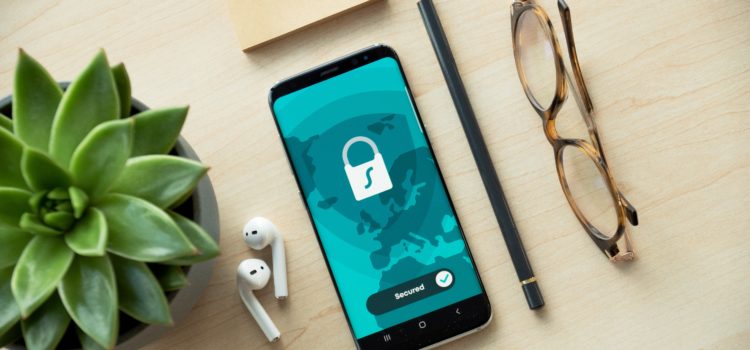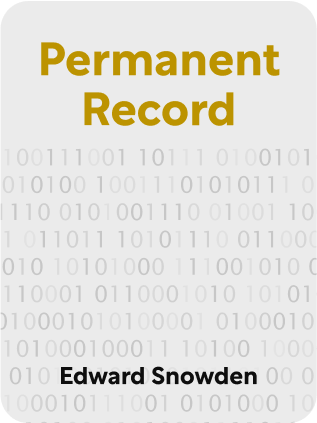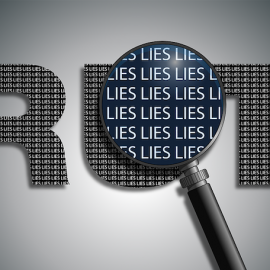

This article is an excerpt from the Shortform summary of "Permanent Record" by Edward Snowden. Shortform has the world's best summaries of books you should be reading.
Like this article? Sign up for a free trial here .
What does Edward Snowden think of privacy? Is it something you can protect with the right measures? Does Snowden think that privacy is unattainable and you should just accept that you’re being spied on?
For Edward Snowden, privacy was the motivation for blowing the whistle. Snowden saw mass surveillance to be an unconstitutional violation of privacy.
Learn more about Snowden, privacy protections he would recommend, and the risks you’re facing in the digital age.
Snowden: Privacy and Technological Progress Can’t Peacefully Coexist
In late 2012, laws about mass surveillance were under fire. Both the UK and Australian governments were proposing legislation about recording metadata. These laws were pitched as security measures. This was the point when Ed realized that no matter how much he tried to reconcile technology and the government, it was impossible. He couldn’t be part of both circles, and the government was the one to leave.
Ed still liked teaching and wanted to help the public defend itself against mass surveillance. Even though he was leaking information about mass surveillance, he knew that wasn’t going to be enough to allow people to retain their privacy. He taught a workshop on encryption. This was also practice for explaining things to a layperson’s audience, which he’d have to do when he blew the whistle. Many of the people who showed up weren’t particularly worried about mass surveillance, they just wanted control over their privacy. For Snowden, privacy was paramount and it was valuable to teach tools to protect people.
Why Privacy Is Important
You may not think you particularly care about privacy. Maybe you think you don’t have anything to hide, or you don’t mind giving up some information about yourself for convenience. For example, you might think giving Google your location is worth getting driving directions.
However, not caring about your personal privacy also has an impact on everyone else’s. If you don’t value your privacy, then you’re assuming that no one else should either. There are plenty of things such as medical history and religion that people have good reasons to want to keep to themselves.
Privacy is a right. People shouldn’t have to defend why they want it; the government should have to justify why it’s allowed to violate it.
Clouds and Privacy
In 2011, clouds—servers that are accessed via the Internet—were becoming popular both with the intelligence community and the public. Public clouds were available through sites such as Amazon, Apple, and Google. Clouds solved the problem of limited storage on a personal computer—clouds had lots of free or inexpensive space. Clouds can also be used as a backup for information stored on a computer.
However, whenever you put something on the cloud, you’re saving it to someone else’s server. Whoever owns the server can dictate the terms of service, and some terms give the owner a lot of power over what they can do with files saved on their servers. They can often delete whatever they want, delete your accounts but keep your data, and sometimes take ownership of your data.

———End of Preview———
Like what you just read? Read the rest of the world's best summary of Edward Snowden's "Permanent Record" at Shortform .
Here's what you'll find in our full Permanent Record summary :
- What Ed Snowden discovered that caused him to completely lose faith in the government
- How Snowden led the bombshell reports of US mass surveillance
- How Snowden is coping with his treatment as both patriot and traitor






